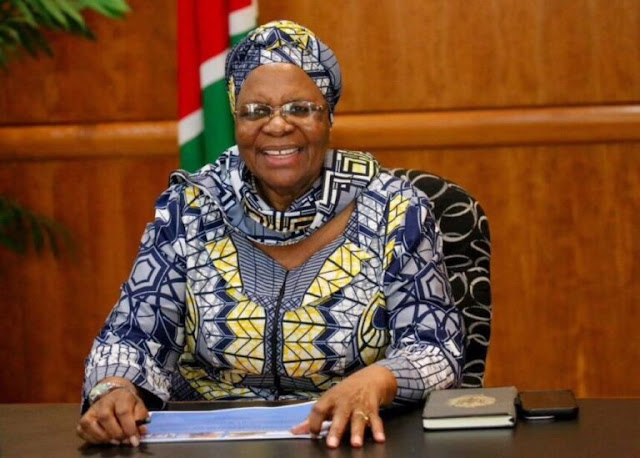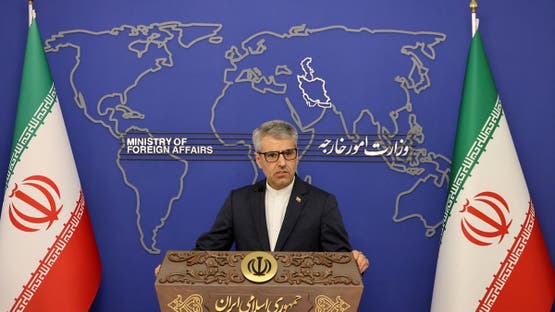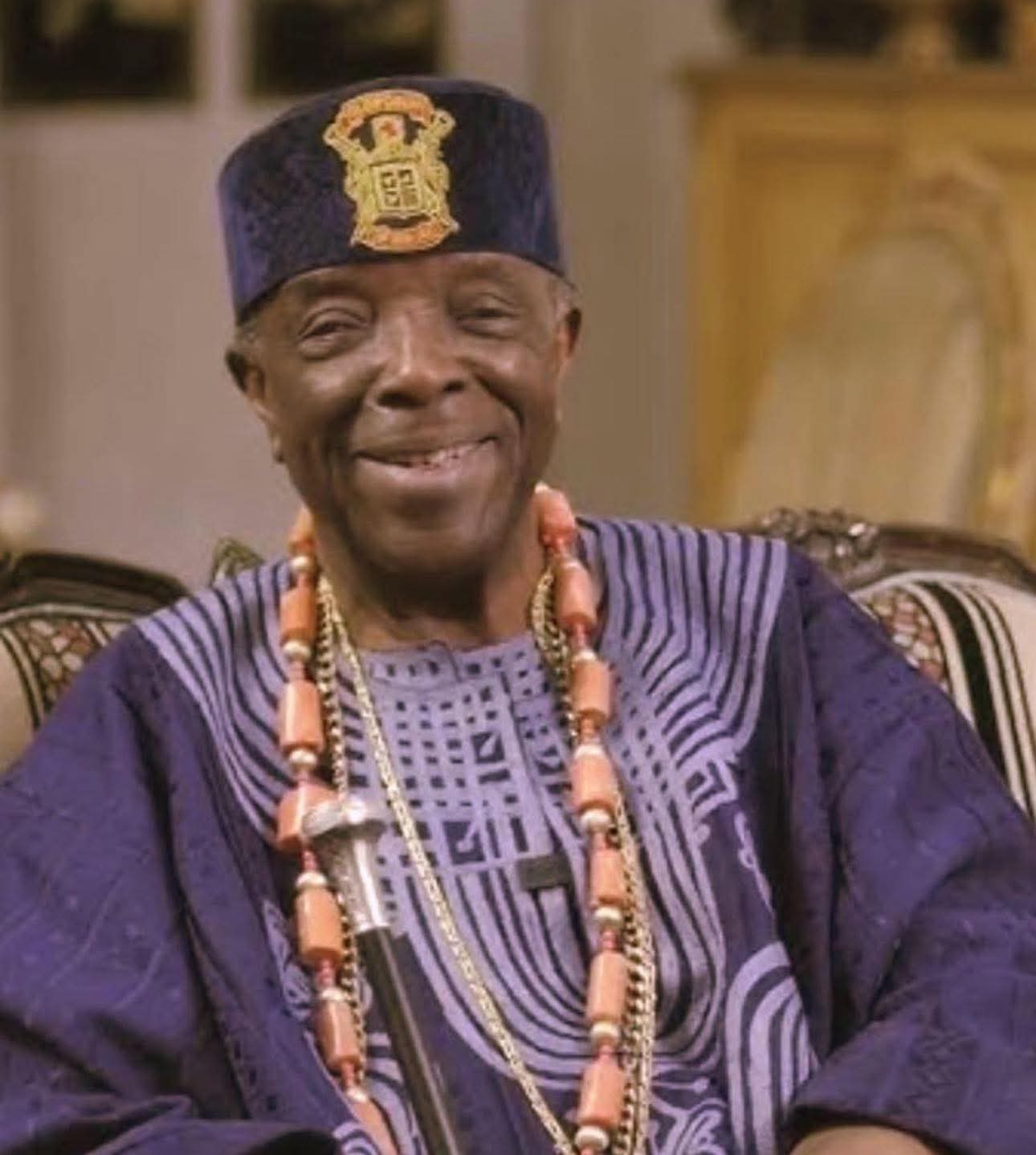Katima Mulilo, Namibia – In a stirring address at the 59th annual Heroes’ Day commemoration held on August 26, 2025, in Katima Mulilo, Zambezi Region, Namibian President Netumbo Nandi-Ndaitwah urged citizens to unite and channel their collective efforts toward building a stronger, more inclusive economy. Speaking under the theme “Built on Bravery, Bound for a Prosperous Future,” the president emphasized that the nation’s future hinges on resilience, unity, and a shared commitment to overcoming challenges. The event, which marked the first Heroes’ Day since the passing of Namibia’s founding President Sam Nujoma in February 2025, was a poignant moment to reflect on the country’s history and chart a path forward.
A Call for Unity and Collective Effort
President Nandi-Ndaitwah’s speech was a rallying cry for Namibians to come together in pursuit of a common goal: a prosperous and equitable nation. Addressing a diverse gathering of citizens, government officials, traditional leaders, and representatives of the South West Africa People’s Organisation (SWAPO), she underscored the importance of unity in navigating the complexities of modern nation-building. “The future of our nation depends on our collective effort and resilience,” she declared, urging Namibians to transcend divisions and work collaboratively to address pressing socio-economic challenges.
The president’s call for unity comes at a time when Namibia is grappling with economic headwinds, including high unemployment, income inequality, and the lingering effects of global economic disruptions. By emphasizing collective effort, Nandi-Ndaitwah sought to inspire a renewed sense of national pride and purpose, drawing on the legacy of Namibia’s liberation struggle to galvanize citizens for the challenges ahead.
Honoring Heroes and Reflecting on History
Heroes’ Day, observed annually on August 26, holds profound significance for Namibians, commemorating the start of the armed struggle against South Africa’s apartheid regime in 1966. On that historic day, the People’s Liberation Army of Namibia (PLAN), the military wing of SWAPO, engaged South African forces in the first major battle at Omugulugwombashe in the Omusati Region. This clash marked the beginning of a protracted struggle that ultimately led to Namibia’s independence in 1990.
The 2025 commemoration was particularly poignant, as it was the first since the passing of Sam Nujoma, Namibia’s founding president and a towering figure in the liberation movement. Nandi-Ndaitwah paid tribute to Nujoma and other heroes of the struggle, crediting their sacrifices for the freedoms Namibians enjoy today. “Our independence was won through the bravery and determination of our heroes,” she said. “Their legacy is the foundation upon which we build our future.”
The choice of Katima Mulilo, in the Zambezi Region, as the venue for the commemoration was symbolic. The region, located in northeastern Namibia, played a significant role during the liberation struggle, serving as a base for PLAN fighters and a hub of resistance against apartheid forces. By holding the event in Katima Mulilo, the government signaled its commitment to honoring the contributions of all regions to Namibia’s independence.
Socio-Economic Progress Since Independence
In her address, President Nandi-Ndaitwah reflected on Namibia’s journey since achieving independence in 1990. She highlighted significant progress in key sectors, including education, health, water, electricity, and financial services, which have transformed the lives of millions of Namibians. “Since independence, we have made remarkable strides in socio-economic development, transforming lives and laying the foundation for prosperity,” she stated.
In education, Namibia has expanded access to primary and secondary schooling, with enrollment rates rising significantly over the past three decades. The government has also invested in vocational training and higher education to equip young Namibians with the skills needed for a modern economy. In healthcare, the establishment of new clinics and hospitals, coupled with improved access to medical services, has contributed to better health outcomes, including reductions in infant mortality and increases in life expectancy.
Access to clean water and electricity has also improved, particularly in rural areas, where infrastructure development has been a priority. The expansion of financial services, including mobile banking and microfinance, has empowered small-scale entrepreneurs and fostered financial inclusion. These achievements, Nandi-Ndaitwah noted, are a testament to the leadership of SWAPO, which has governed Namibia since independence and remains the dominant political force in the country.
However, the president acknowledged that challenges remain. High unemployment, particularly among the youth, continues to hinder economic progress, while disparities in wealth and access to opportunities persist. Nandi-Ndaitwah’s administration has made addressing these issues a priority, with a focus on creating jobs, promoting industrialization, and ensuring equitable growth.
Administration’s Priorities: Youth Empowerment, Industrialization, and Anti-Corruption
President Nandi-Ndaitwah outlined her administration’s key priorities, placing youth empowerment, industrialization, and the fight against corruption at the forefront of her agenda. These focus areas reflect the government’s recognition of the need to address structural challenges while building on the gains of the past.
Youth Empowerment: With over 60% of Namibia’s population under the age of 30, youth empowerment is a cornerstone of Nandi-Ndaitwah’s vision. She emphasized the need to create opportunities for young Namibians through education, skills development, and entrepreneurship. “Our youth are the future of this nation,” she said. “We must invest in their potential to ensure they can contribute meaningfully to our economy and society.”
The government has introduced several initiatives to support young people, including vocational training programs, startup grants, and partnerships with the private sector to create internships and job opportunities. These efforts aim to address the high youth unemployment rate, which stands at over 40%, and empower young Namibians to drive innovation and economic growth.
Industrialization: Nandi-Ndaitwah also highlighted the importance of industrialization as a driver of economic independence. Namibia’s economy has historically been reliant on primary industries such as mining, agriculture, and fisheries, which are vulnerable to global market fluctuations. To diversify the economy, the government is promoting value addition to natural resources, such as processing minerals and agricultural products locally.
The president cited the potential of Namibia’s uranium, diamonds, and fish exports as areas where value addition could create jobs and boost revenue. She also emphasized the need to develop manufacturing and renewable energy sectors to reduce dependence on imports and enhance energy security. “By adding value to our resources, we can create sustainable industries that benefit all Namibians,” she said.
Fight Against Corruption: Corruption remains a significant challenge in Namibia, undermining public trust and diverting resources from development priorities. Nandi-Ndaitwah reaffirmed her administration’s commitment to intensifying the fight against corruption, promising to strengthen institutions like the Anti-Corruption Commission (ACC) and ensure accountability at all levels of government.
“We cannot build a prosperous future if corruption erodes our progress,” she warned. The president called for a culture of transparency and integrity, urging citizens to hold public officials accountable and report corrupt practices. Her administration has pledged to implement stricter oversight mechanisms and prosecute those found guilty of graft, regardless of their status.
Economic Independence and Shared Prosperity
A central theme of Nandi-Ndaitwah’s address was the link between political freedom and economic independence. While Namibia achieved political independence in 1990, the president argued that the struggle for economic emancipation is ongoing. “Political freedom must go hand-in-hand with economic independence and shared prosperity for all Namibians,” she said, echoing a sentiment that has resonated across post-colonial African nations.
Namibia’s economy, while relatively stable compared to some of its neighbors, faces structural challenges that hinder inclusive growth. The country’s Gini coefficient, a measure of income inequality, is among the highest in the world, reflecting deep disparities between the wealthy and the poor. Rural communities, in particular, continue to face limited access to opportunities, infrastructure, and services.
To address these issues, Nandi-Ndaitwah’s administration is prioritizing policies that promote inclusive growth. These include investments in rural infrastructure, support for small-scale farmers, and initiatives to empower marginalized groups, such as women and indigenous communities. The president also highlighted the importance of regional integration, noting that Namibia’s participation in the Southern African Development Community (SADC) and the African Continental Free Trade Area (AfCFTA) offers opportunities to expand markets and attract investment.
The Legacy of Sam Nujoma
The passing of Sam Nujoma in February 2025 cast a somber shadow over this year’s Heroes’ Day commemoration. As Namibia’s founding president and a revered figure in the liberation struggle, Nujoma’s legacy looms large. His leadership of SWAPO during the fight against apartheid and his tenure as president from 1990 to 2005 laid the foundation for Namibia’s post-independence development.
Nandi-Ndaitwah, who served as Namibia’s first female president following her election, paid tribute to Nujoma’s vision and dedication. “President Nujoma’s dream was to see a united, prosperous, and equitable Namibia,” she said. “We honor his legacy by continuing the work he began and ensuring that every Namibian has the opportunity to thrive.”
Nujoma’s death has prompted reflection on the progress made since independence and the challenges that lie ahead. His passing also marks a generational shift in Namibian politics, with leaders like Nandi-Ndaitwah tasked with carrying forward his vision while addressing the demands of a rapidly changing world.
Regional Significance of the Zambezi Region
The decision to host the Heroes’ Day commemoration in Katima Mulilo was a deliberate nod to the Zambezi Region’s historical and cultural significance. Formerly known as the Caprivi Strip, the region has a unique history shaped by its geographic position and its role in the liberation struggle. During the fight against apartheid, the Zambezi Region served as a strategic base for PLAN fighters, who used its proximity to Zambia and Angola to launch operations against South African forces.
Today, the region faces challenges such as poverty, unemployment, and limited infrastructure, but it also holds immense potential due to its natural resources and strategic location. The government has prioritized development projects in the Zambezi Region, including investments in agriculture, tourism, and cross-border trade. By choosing Katima Mulilo as the venue for Heroes’ Day, Nandi-Ndaitwah signaled her administration’s commitment to addressing regional disparities and ensuring that all parts of Namibia benefit from national development.
Challenges and Opportunities Ahead
While Namibia has made significant strides since independence, the country faces a range of challenges that require sustained effort and innovative solutions. High unemployment, particularly among the youth, remains a pressing concern, with many young Namibians struggling to find meaningful employment. The government’s focus on vocational training and entrepreneurship is a step in the right direction, but scaling these initiatives will require significant investment and coordination with the private sector.
Economic diversification is another critical challenge. Namibia’s reliance on extractive industries makes it vulnerable to global commodity price fluctuations, as seen in recent years with declines in uranium and diamond prices. The push for industrialization and value addition is essential to creating a more resilient economy, but it will require improvements in infrastructure, access to finance, and a skilled workforce.
Corruption, too, remains a significant obstacle. While the government has made strides in strengthening anti-corruption institutions, public perception of widespread graft continues to undermine trust. Nandi-Ndaitwah’s commitment to intensifying the fight against corruption will be tested by her administration’s ability to deliver tangible results, such as high-profile prosecutions and systemic reforms.
Despite these challenges, Namibia has numerous opportunities to build a prosperous future. The country’s abundant natural resources, including uranium, diamonds, and marine fisheries, provide a strong foundation for economic growth. Its stable political environment and commitment to democratic governance also make it an attractive destination for investors. By leveraging regional and continental trade agreements, Namibia can expand its markets and integrate into global value chains.
Reactions and Public Sentiment
President Nandi-Ndaitwah’s address was met with widespread approval from attendees in Katima Mulilo, who appreciated her emphasis on unity and economic progress. Local leaders in the Zambezi Region praised the government’s decision to host the event in their region, seeing it as a recognition of their contributions to the liberation struggle and their potential for future development.
However, some civil society groups and opposition parties have called for more concrete action to address unemployment and inequality. “The president’s words are inspiring, but we need to see policies that translate into real change for ordinary Namibians,” said Maria Kambala, a youth activist based in Windhoek. Others have expressed skepticism about the government’s anti-corruption efforts, citing the need for greater transparency and accountability.
Looking Forward
As Namibia marks its 59th Heroes’ Day, the nation stands at a crossroads. The legacy of its liberation heroes, coupled with the vision of leaders like President Nandi-Ndaitwah, provides a roadmap for progress. However, achieving the goal of a prosperous and inclusive Namibia will require sustained effort, innovative policies, and a commitment to addressing the needs of all citizens.
The president’s focus on youth empowerment, industrialization, and anti-corruption efforts signals a forward-looking agenda that aligns with the aspirations of Namibians. By building on the sacrifices of the past and embracing the opportunities of the present, Namibia has the potential to realize the theme of this year’s Heroes’ Day: a nation “Built on Bravery, Bound for a Prosperous Future.”






